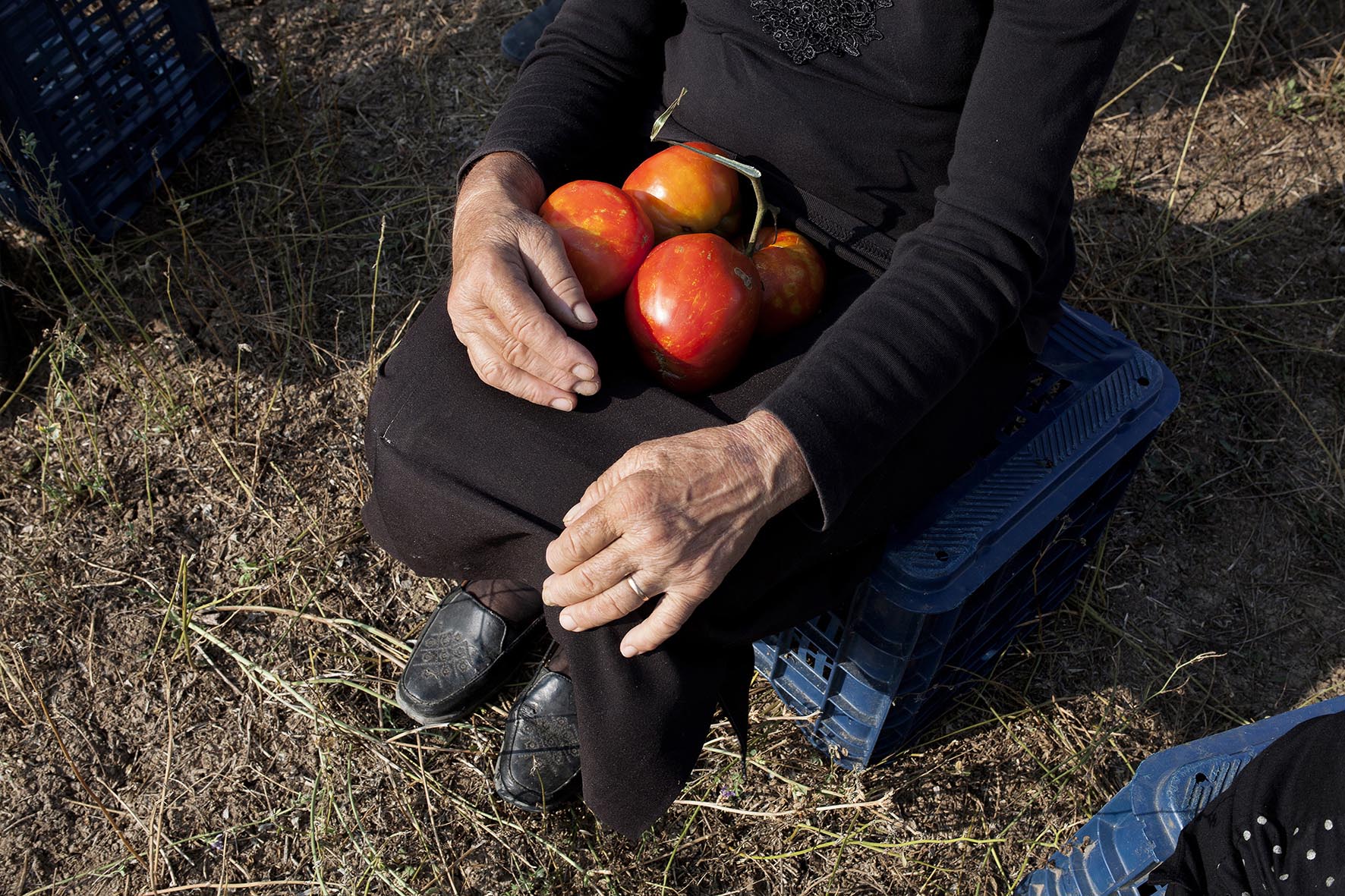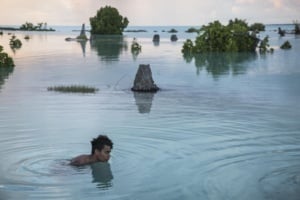
For the second year running, the Festival organises a two-day event on Film and Climate
10/09 / 2019.- The 64th edition of Seminci will dedicate part of its program grid to foregrounding the connection between cinema and climate change and highlighting the former’s commitment to halt the latter. This is an initiative that aims at underlining the potential of motion pictures to raise the awareness of movie lovers about environmental issues and the need to defend the planet from the effects of climate change.
The idea was first put into practice during the Festival’s 60th edition and benefits from the support of Greenpeace, the Asociación Estatal de Cine (AEC), the University of Valladolid, Spain’s grassroots confederation Ecologists in Action and the City Council of Valladolid through its public water supplier AquaVall.
For the second consecutive year, the films showcasing environmental values will have their own slot in the Festival’s list of awards. The jury entrusted with presenting the Green Spike is formed by David Baute (president), Elvira Cámara, Cristina Castro, Carlos de Castro, Eva González and Gerardo Olivares. This year’s awarded film in this category will join the competition’s first prize-winner from last year, Bulgaria’s Aga, by Milko Lazarov: a film that testifies to the end of a whole way of life represented by a family of Eskimos.
Film and Climate Change: the event
This year’s Film and Climate Change two-day event will take place on Thursday 24 and Friday 25 October, and it will include film screenings, public discussions and a round table at the Festival’s main venue Teatro Calderón.
On the first day Teatro Zorrilla will host the screening of Álvaro Longoria’s Sanctuary, a documentary that follows the Artic Sunrise expedition with brothers Carlos and Javier Bardem as part of a Greenpeace campaign to demand the protection of Antarctica. The screening will be followed by a Q & A.
In another Festival venue, the Broadway multiplex, two films will screen that have a similar take on environmentally-respectful productive systems and ways of living: Honeyland, co-authored by Tamara Kotevska and Ljbomir Stefanov, focuses on a bee breeder in North Macedonia and was awarded at the Sundance Film Festival; in turn, When Tomatoes Met Wagner, by Matrianna Economou, deals with the initiative by of two cousins who draw on traditional knowledge in order to launch a project to produce organic tomatoes in a small town in Greece.
On the 25th, Calderón’s Hall of Mirrors (“Salón de los Espejos”) will host the round table on «Sustainability in Film Shootings»: an attempt to share and discuss measures that could possibly be adopted in order to have more sustainable film productions. Álvaro Longoria will address the topic of the reduction of the ecological footprint, by contributing his own experience in a conversation with Game of Thrones‘ line producer, Peter Welter Soler, who while shooting the celebrated series managed to prevent the consumption of thousands of kilos of plastic trash by simply dispensing with bottled water. Environmental consultant Janira Cáceres will join the conversation as well.
That same day the long-feature screening program will be complete with Víctor Luengo’s The Price of Progress (a reflection on our production model in a context of global warming and overpopulation); and Miguel Mato’s Apurimac, where the Argentine filmmaker becomes immersed in the traditional wisdom of the Inca communities to show a system of cooperative work that enables the local inhabitants to build a bridge over the river alluded to in the film’s title.
Selected Short Films

As for the short films programmed as part of this event, Seminci will be screening two titles by the Brazilian director of Korean descent Lara Lee: Burkinabè Bounty (2019) portrays the struggle for food sovereignty in Burkina Faso, while in Wantoks: Dance of Resilence in Melanesia we witness the cultural initiative against climate change launched by a group of artists from the South Pacific islands. Also included in the screening program is the film by José Vieira Mendes and Ricardo Gomes Mar Urbano Lisboa, which raises the issue of biodiversity and water quality in the Tagus estuary and the relationship of the city residents with this space. Finally, Scenes From a Dry City, by Simon Wood and François Verster, also included in the Time of History section of this edition, shows the consequences of water scarcity in Cape Town due to persistent drought.
Last but not least, the Cinema and Climate Change slot will once again feature a short film made by a group of students and teachers from the Emilio Ferrari Secondary Education School in Valladolid (they already submitted another short last year). This time they bring us their new project: Otras miradas, otras voces (“Other Gazes, Other Voices”), directed by Belén Santos. The film is the result of a trip to Senegal in order to learn first-hand the consequences of climate change.



























![Logo Foro Cultural de Austria Madrid[1]](https://www.seminci.com/wp-content/uploads/2024/09/Logo-Foro-Cultural-de-Austria-Madrid1-300x76.jpg)








